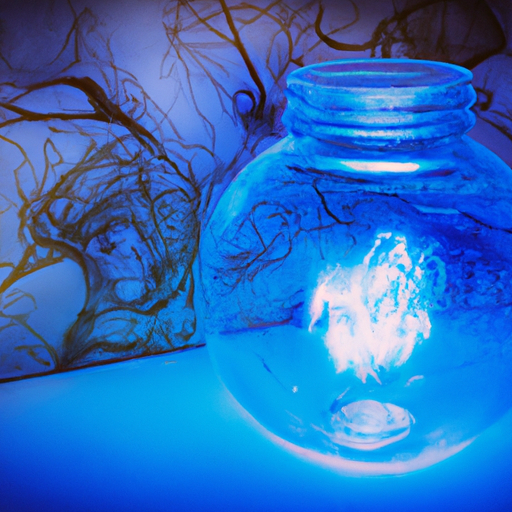
Have you ever woken up in the morning with a sense of emptiness, realizing that you can’t recall a single dream from the night before? I experienced this peculiar sensation for the first time a few months ago, and it led me on a journey of curiosity and self-discovery.
For as long as I could remember, my nights were filled with vivid dreams. Sometimes, they were whimsical and delightful, other times, they were strange and confusing. But they were always there, like reliable companions. Suddenly, they were gone. Night after night, I would close my eyes, only to wake up feeling as if no time had passed at all.
At first, I didn’t think much of it. Life was busy, and I chalked it up to stress or exhaustion. However, as the weeks went by, I started to worry. What did it mean if I didn’t dream? Was there something wrong with me? I began to dig into the mysteries of the human mind, seeking answers.
In my quest for understanding, I spoke with friends, family, and even a sleep specialist. They all had different theories. Some suggested that everyone dreams, but not everyone remembers their dreams. Others believed it was a sign of a deeper psychological or neurological issue. The sleep specialist reassured me that dreamless nights were not uncommon and could be linked to various factors, including sleep quality and mental health.
As I delved deeper into the science of dreaming, I learned that dreams serve multiple purposes. They are believed to help process emotions, consolidate memories, and even solve problems. The idea that I might be missing out on these benefits was unsettling. But it also made me more determined to find a solution.
I began to experiment with different methods to encourage dreaming. I practiced good sleep hygiene, ensuring I had a consistent bedtime routine and a comfortable sleep environment. I started keeping a dream journal, jotting down any fragments or feelings I could recall upon waking. I even tried meditation and visualization techniques before bed, hoping to spark the return of my nocturnal adventures.
Slowly but surely, my efforts paid off. One morning, I woke up with a faint memory of a dream. It wasn’t much, just a glimpse of a familiar face and a feeling of contentment, but it was a start. Over time, my dreams became more frequent and vivid, as if they had been waiting patiently to return.
This experience taught me a valuable lesson about the importance of self-awareness and the intricate workings of the mind. Dreams are a window into our subconscious, a vital part of our mental and emotional well-being. Losing them, even temporarily, can be a wake-up call to pay attention to our inner world and overall health.
Now, when I close my eyes at night, I look forward to the dreams that await me. They are not just a source of entertainment, but a reflection of my journey through life, with all its twists and turns. And in those quiet moments before sleep, I remind myself that sometimes, the answers we seek are found not in the waking world, but in the landscapes of our dreams.






